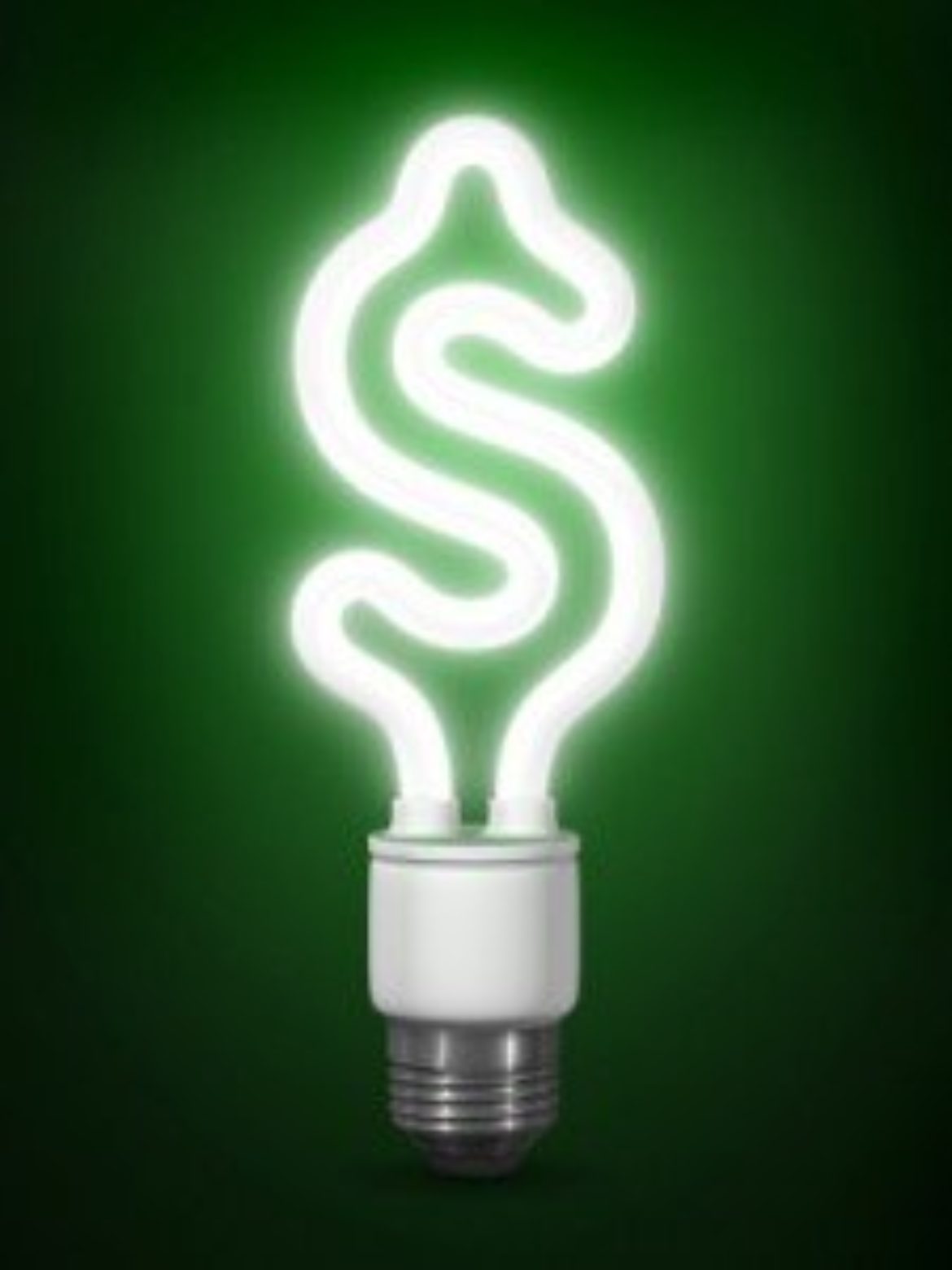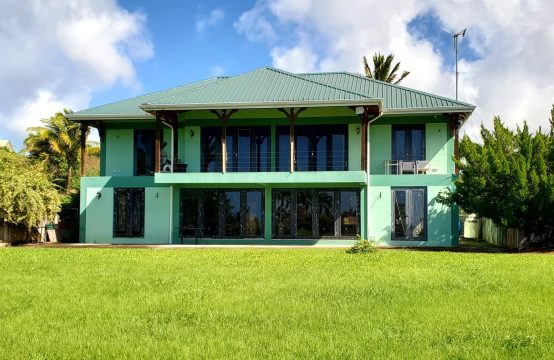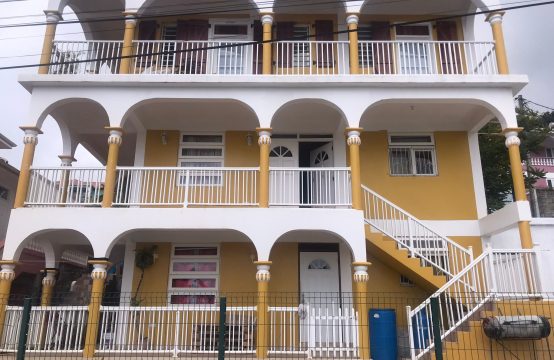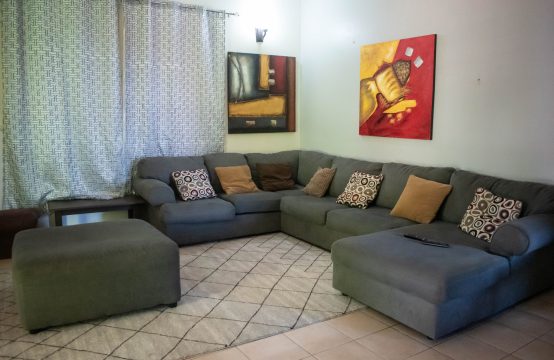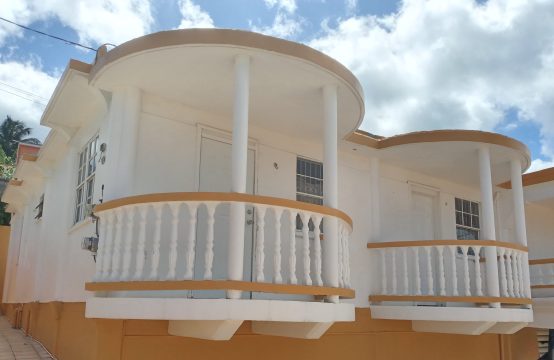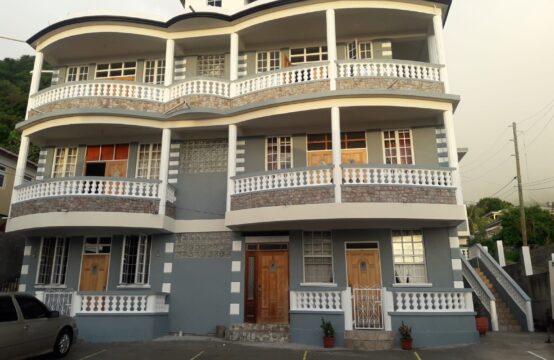Right in your own home, you have the power to save energy and money.
Maintaining an energy-efficient home will save you money. Saving energy will also contribute to the reduction in our nation’s overall resources needed to produce and provide energy.
An average household dedicates about 5% – 6% of its energy bill to lighting. Switching to energy-efficient lighting is one of the fastest ways to lower your energy bill. You have many choices in energy-efficient lighting; the most popular ones being halogen incandescent, compact fluorescent lamps (CFLs), and light-emitting diodes (LEDs). Switching to these may seem to cost more money initially but the cost saving benefit will be realized during its lifetime.
Appliances account for about 13% of a household’s energy costs, with refrigeration and laundry at the top of the list.
To reduce the amount of energy costs refrigeration and laundry account for, the following could be practiced:
Refrigeration
- Ensure your refrigerator door seals airtight
- Cover liquids and wrap foods stored in the refrigerator. Uncovered foods release moisture and make the compressor work harder.
- Regularly defrost freezers and refrigerators. Frost buildup decreases the energy efficiency of the unit.
- Ensure your refrigerator or freezer is not kept at a very cold temperature.
Laundry
- Wash your clothes in cold water using cold-water detergents whenever possible.
- Wash and dry full loads. If you are washing a small load, use the appropriate water-level setting.
- Dry towels and heavier cottons in a separate load from lighter-weight clothes.
- Don’t over-dry your clothes.
- Air-dry clothes on clothes lines or drying racks. Air drying is recommended by clothing manufacturers for some fabrics.
Whether you take simple steps or make a large investment to conserve energy it will ultimately be beneficial to you and your family.

